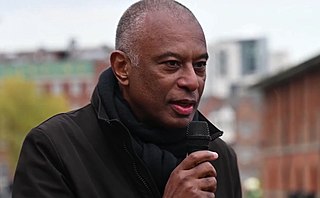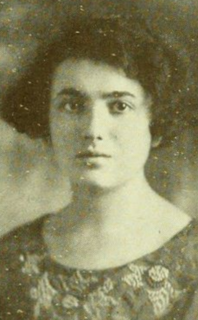A Quote by Alberto Manguel
Socrates affirmed that only that which the reader already knows can be sparked by a reading, and that the knowledge cannot be acquired through dead letters.
Related Quotes
We must be forewarned that only rarely does a text easily lend itself to the reader's curiosity... the reading of a text is a transaction between the reader and the text, which mediates the encounter between the reader and writer. It is a composition between the reader and the writer in which the reader "rewrites" the text making a determined effort not to betray the author's spirit.
Whoo-hoo-hoo, look who knows so much. It just so happens that your friend here is only MOSTLY dead. There's a big difference between mostly dead and all dead. Mostly dead is slightly alive. With all dead, well, with all dead there's usually only one thing you can do. Go through his clothes and look for loose change.
The shortest way to arrive at glory should be to do that for conscience which we do for glory. And the virtue of Alexander appears to me with much less vigor in his theater than that of Socrates in his mean and obscure. I can easily conceive Socrates in the place of Alexander, but Alexander in that of Socrates I cannot.
The arts have a development which comes not only from the individual but also from a whole acquired force, the civilization which precedes us. One cannot do just anything. A talented artist cannot do whatever he pleases. If he only used his gifts, he would not exist. We are not the masters of what we produce. It is imposed on us.
We'll choose knowledge no matter what, we'll maim ourselves in the process, we'll stick our hands into the flames for it if necessary. Curiosity is not our only motive; love or grief or despair or hatred is what drives us on. We'll spy relentlessly on the dead; we'll open their letters, we'll read their journals, we'll go through their trash, hoping for a hint, a final word, an explanation, from those who have deserted us--who've left us holding the bag, which is often a good deal emptier than we'd supposed.
We should think about what we mean by literacy. If you say, "He's a very literate person," what you really mean is that he knows a lot, thinks a lot, has a certain frame of mind that comes through reading and knowing about various subjects.The major route open to literacy has been through reading and writing text. But we're seeing new media offer richer ways to explore knowledge and communicate, through sound and pictures.






































